
Iraq Eyeing Further Electricity Import from Iran
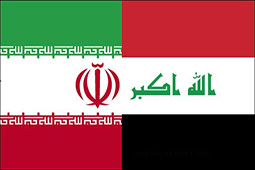
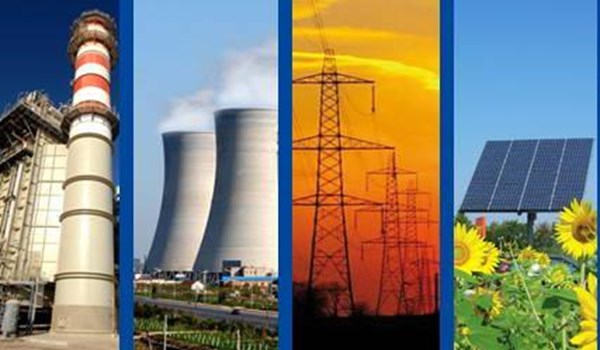
Haeri said today that the Iraqi delegation will arrive in Tehran tomorrow for a two-day visit to hold talks with Iranian companies active in electricity industry, and to confer on ways to expand cooperation with Iran’s electricity industry.
He added that the delegation would then make decisions on its cooperation with Iran based on its evaluation of the capabilities of the Iranian companies and the available projects in Iraq.
Answering the question on the amount and type of financial transactions generated from exporting electricity to Iraq, the deputy minister said Iran’s conditions for Iraq to pay off its electricity debts in terms of the type of currency and ways of its transfer will be discussed during the meetings with the Iraqi delegation on Wednesday.
He added that the Wednesday talks would also include discussions on increasing the volume of electricity exports to Iraq.
Earlier on Saturday, Iranian Energy Minister Reza Ardakanian said that the power generation of the country has increased by 11.4 times since the victory of the Islamic Revolution in 1979.
Ardakanian said that Iran has moved up 24 ranks in terms of generation of electricity in the past forty years.
According to statistics, Iran’s rank of power generation in the world promoted from 38 to 14 and presently, the Ministry of Energy is exchanging electricity with its neighbors.
“With coordination made in this regard, a contract will be inked between Iran and Iraq for exporting electricity from the Islamic Republic of Iran to this neighboring country in a three-year plan,” added the Iranian official.
This level of cooperation will include the construction of a power plant, modernization of power plants and reduction of power grid losses in Iraq as well, he maintained.
He drew a comparison between performance of the Ministry of Energy before and after the Islamic Revolution and said, “The power capacity installed hit from 7,000 megawatts electricity in early years of the Islamic Revolution to 80,000 megawatts, showing a considerable 11.4 fold hike.
Currently, suitable power generation capacity has been paved for the private sector companies working in the field of power industry, he said and emphasized that the number of power generation companies in the country hit from 65 in early years of the Islamic Revolution to 875, showing a significant increase.
Ardakanian reiterated that giant steps have presently been taken in the sector of electricity generation in the country which is incomparable to the early years of the Islamic Revolution.
Iran is currently supplying Iraq, Afghanistan and Pakistan with electricity, CEO of Tavanir Company Mohammad Hassan Motavallizadeh said on January 04, adding that the country is poised to double the volume of its power export to neighboring countries.
CEO of Tavanir Co., in charge of development of electric power generation, said that the bulk of electricity that Iran is currently exporting to other countries is too little compared to the generated volume, adding that the country presently has the potential to double the bulk of its exports.
Motavallizadeh said that Iran is currently exporting over 1,000MW electricity to neighboring countries, noting that the major importer of Iran’s electricity is Iraq, followed by Afghanistan and Pakistan.
He maintained that only a very small amount of generated electricity is being exported, adding that Iran can increase the bulk of its electricity exports if neighboring countries would like to place an order for more imports.
According to reports, it is predicted that Iran’s export of electricity would hit $33 billion by the Iranian calendar year of 1404 (March 21, 2025- March 20, 2026).
On December 31, Pakistan’s Minister for Power Omar Ayub Khan, in a meeting with Tehran’s Ambassador to Islamabad Mehdi Honardoost, underlined his country's willingness to import more electricity from Iran.
Ayub Khan said that Pakistan is ready to hold negotiations on the renewal of the agreement on 100MW electricity import to its border province of Baluchistan.
The two sides stressed the need to continue joint efforts in the power sector on both power generation and transmission.
Honardoost, for his part, noted that Iranian companies and contractors are ready to take part in the neighboring country’s power sector.
Last year, Iran expressed readiness to provide up to 3,000 MW electricity to Pakistan.
However, according to Ayub Khan, there is a problem on Pakistan side because importing such quantity of electricity requires a robust transmission system, which requires a lot of investment.


Gold price eases after Trump downplays clash with Fed chair Powell

Copper price hits new record as tariff deadline looms

Brazil producers look to halt pig iron output as US tariff threat crimps demand
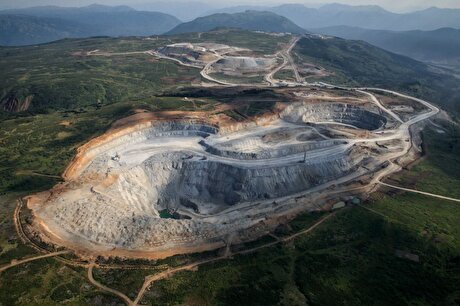
Three workers rescued after 60 hours trapped in Canada mine

Gold price could hit $4,000 by year-end, says Fidelity
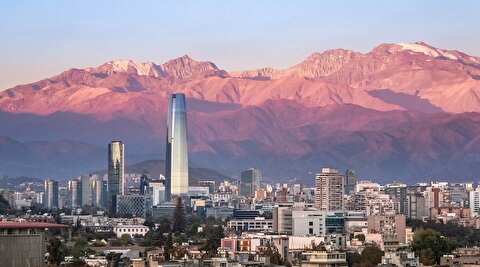
Chile’s 2025 vote puts mining sector’s future on the line

US targets mine waste to boost local critical minerals supply
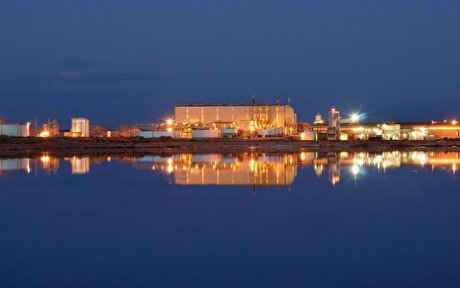
Energy Fuels surges to 3-year high as it begins heavy rare earth production

Glencore workers brace for layoffs on looming Mount Isa shutdown
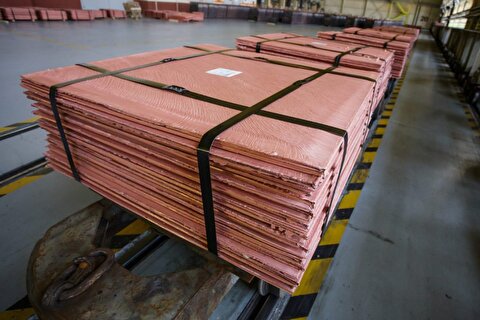
Trump tariff surprise triggers implosion of massive copper trade

Maxus expands land holdings at Quarry antimony project in British Columbia

BHP, Vale accused of ‘cheating’ UK law firm out of $1.7 billion in fees
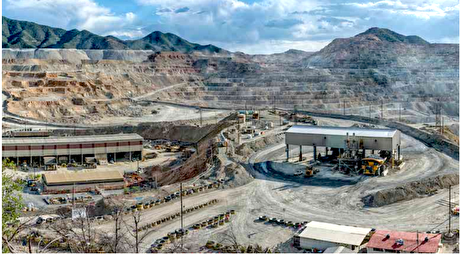
Southern Copper eyes $10.2B Mexico investment pending talks

American Tungsten gets site remediation plan approved for Ima mine in Idaho

Kinross divests entire 12% stake in Yukon-focused White Gold

Gold price could hit $4,000 by year-end, says Fidelity

Southern Copper expects turmoil from US-China trade war to hit copper

Ramaco Resources secures five year permit for Brook rare earth mine in Wyoming

Column: EU’s pledge for $250 billion of US energy imports is delusional

Trump tariff surprise triggers implosion of massive copper trade

Maxus expands land holdings at Quarry antimony project in British Columbia

BHP, Vale accused of ‘cheating’ UK law firm out of $1.7 billion in fees

Southern Copper eyes $10.2B Mexico investment pending talks

American Tungsten gets site remediation plan approved for Ima mine in Idaho

Kinross divests entire 12% stake in Yukon-focused White Gold

Gold price could hit $4,000 by year-end, says Fidelity

Southern Copper expects turmoil from US-China trade war to hit copper

Ramaco Resources secures five year permit for Brook rare earth mine in Wyoming














